Young Farmers and over 70 organizations call on Congress to include the Small Farm Conservation Act in the 2023 Farm Bill
National Young Farmers Coalition
OCTOBER 11, 2023
National Businesses and Organizations American Sustainable Business Network Amphibian and Reptile Conservancy California Certified Organic Farmers (CCOF) Carbon180 Defenders of Wildlife Earthjustice Environmental Policy Innovation Center Environmental Working Group Farm Aid HEAL Food Alliance Healthy Food Strategies Latino Farmers & Ranchers International, (..)



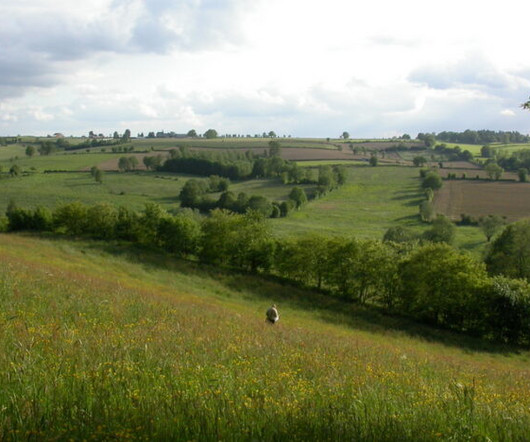
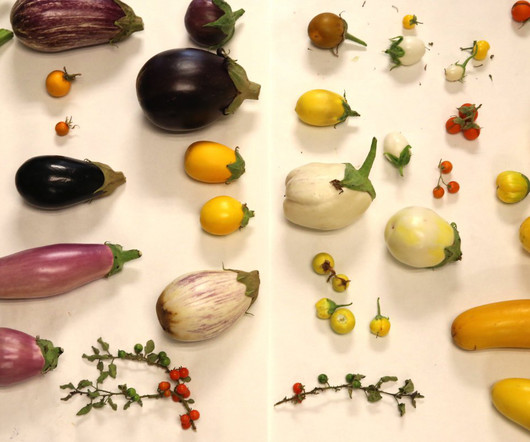


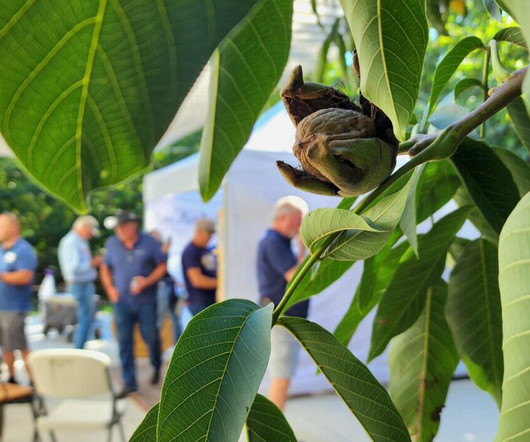

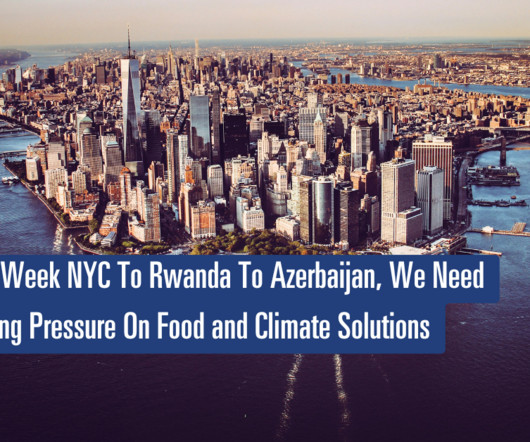
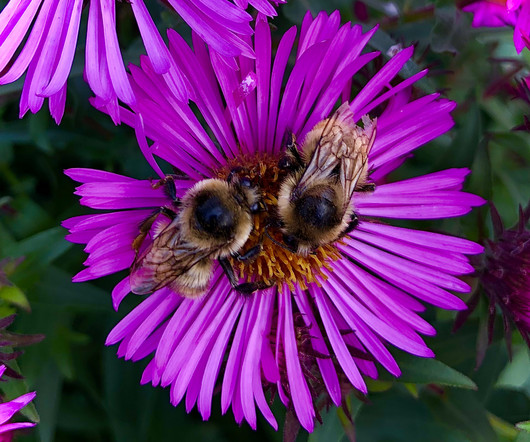



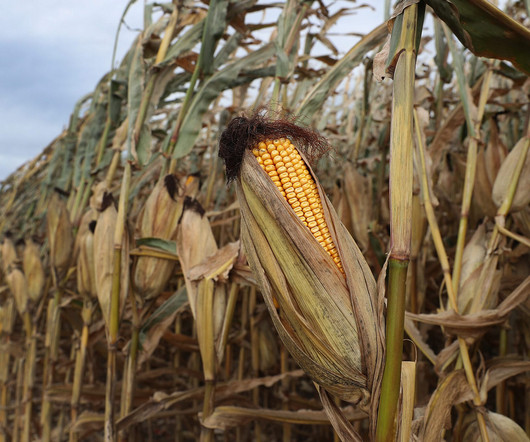






Let's personalize your content